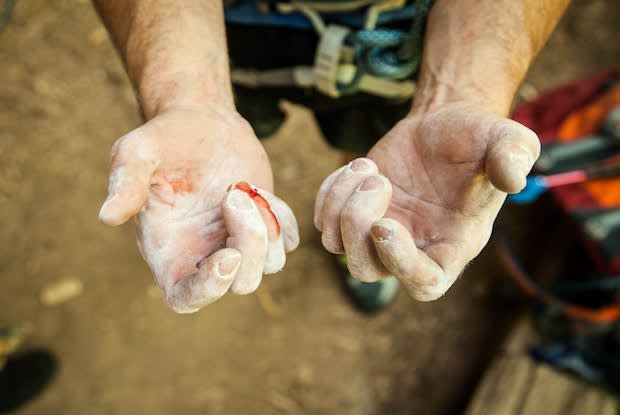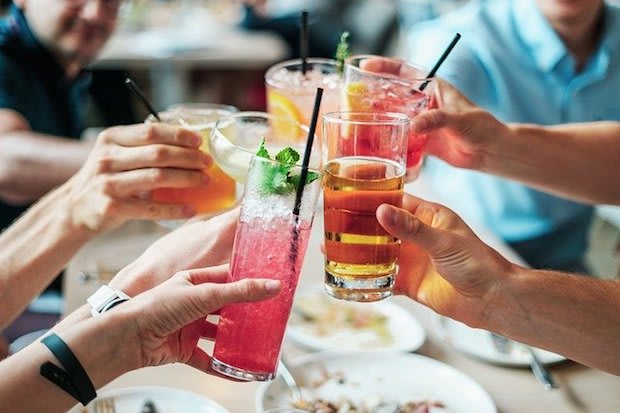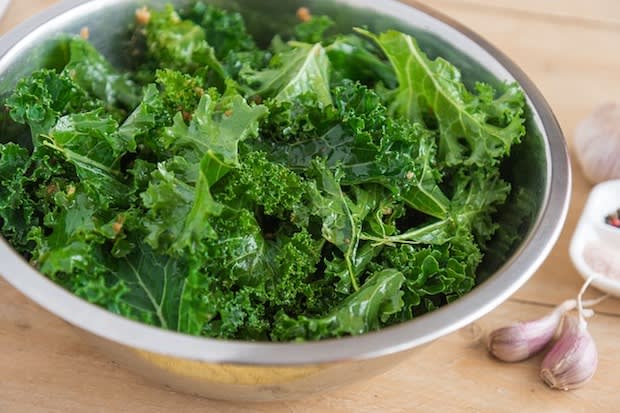Table of Contents
II. Be Aware of Your Surroundings & Symptoms
IV. Be Careful with Everyday Activities
Several conditions may require blood thinners throughout a person’s life. If you were born with atrial fibrillation, abnormal heart rhythm, or have a history of blood clots, you may be prescribed specific medications to prevent the formation of blood clots. Normally, your body creates clots to stop the body from bleeding. In some cases, blood clots may accumulate in the arteries or veins due to plaque buildup. Your body may also bleed internally, even if there is no sign you have been hurt.
If you are at risk, you may be prescribed medications such as Coumadin (warfarin), Elmiron (pentosan polysulfate sodium), or Eliquis (apixaban). These drugs work by making the blood move smoothly through the bloodstream and inhibiting blood-clotting factors. These drugs may be life-saving and prevent serious medical events like a stroke or heart attack. As helpful as they are, blood thinners may be dangerous in some cases. Read on to learn more about how to live safely while taking blood thinners. [1]
In the majority of cases, cuts and scrapes are not usually an issue. When someone does not take blood thinners, blood platelets quickly form a plug to prevent too much blood from leaving the body. Blood thinners change the makeup of blood, making it more difficult to clot. This is helpful if you are prone to clots but may be incredibly dangerous if you hurt yourself or have internal bleeding. You may be bleeding unusually if you experience: Like all medications, blood thinners may come with several side effects. Other than excessive bleeding, you may feel nauseous. Fatigue, weakness, dizziness, and shortness of breath may also occur. None of these symptoms are pleasant, but they are especially dangerous when taking blood thinners because they may lead to falls or fainting. If you faint, you may hit your head or cut yourself, resulting in excessive bleeding. It is essential to be careful if you are experiencing dizziness or weakness because excessive bleeding could lead to death if left untreated. Even if you do not see any cuts or scrapes, you could bleed internally if you suffer a fall or hit your head. You can still participate in many activities you love, but you may have to take more precautions than you did before you started taking blood thinners. You may have to avoid high-risk sports, especially those that expose you to cuts, scrapes, or excessive bruising. If you are feeling dizziness or any other symptoms, you may want to avoid any sports-like activities. [3] Drinking alcohol may be a problem for several medications, but it can be especially dangerous if you take blood thinners. For most people, moderate alcohol consumption is safe as long as they have no major medical problems. If you are in good health and taking blood thinners, you should ask your doctor if drinking alcohol is safe for you. If you are not in good health, your liver may be affected adversely and lead to more complications. Alcohol can reduce the liver’s ability to metabolize medications properly. If you drink, your liver will break down alcohol instead of your blood thinner, increasing the amount of blood thinner in the bloodstream. If too much medication is in the bloodstream, you may be at an increased risk of bleeding. [4] Those who are not taking blood thinners do not have to think about mundane activities like cutting their nails or using razors. But those who take blood thinners have to be considerate of these activities to reduce an accidental bleeding event. It would help if you took the following precautions: Some blood thinners like Coumadin (warfarin) interfere with clotting factors in the body. Coumadin interacts with a vitamin K-dependent clotting factor and subsequently decreases the amount of vitamin K in the body. If there isn’t enough vitamin K in the body, then the blood cannot clot as well as it usually does. Vitamin K does not occur naturally in the body and has to be consumed through your diet. Blood thinners like warfarin work best if there are consistent vitamin K levels in the body. If there isn’t enough, it can greatly affect how warfarin works for you. You may have to alter your diet habits to make sure you are not consuming too much or too little vitamin K. The following vitamin K foods may make warfarin less effective: To create a well-balanced diet, you may want to eat the following foods low in vitamin K: The content in this article is intended for informational purposes only. This website does not provide medical advice. In all circumstances, you should always seek the advice of your physician and/or other qualified health professionals(s) for drug, medical condition, or treatment advice. The content provided on this website is not a substitute for professional medical advice, diagnosis, or treatment.
Signs of Unusual Bleeding
Be Aware of Your Surroundings & Symptoms
Avoid Drinking Alcohol

Be Careful with Everyday Activities
Alter Your Diet

